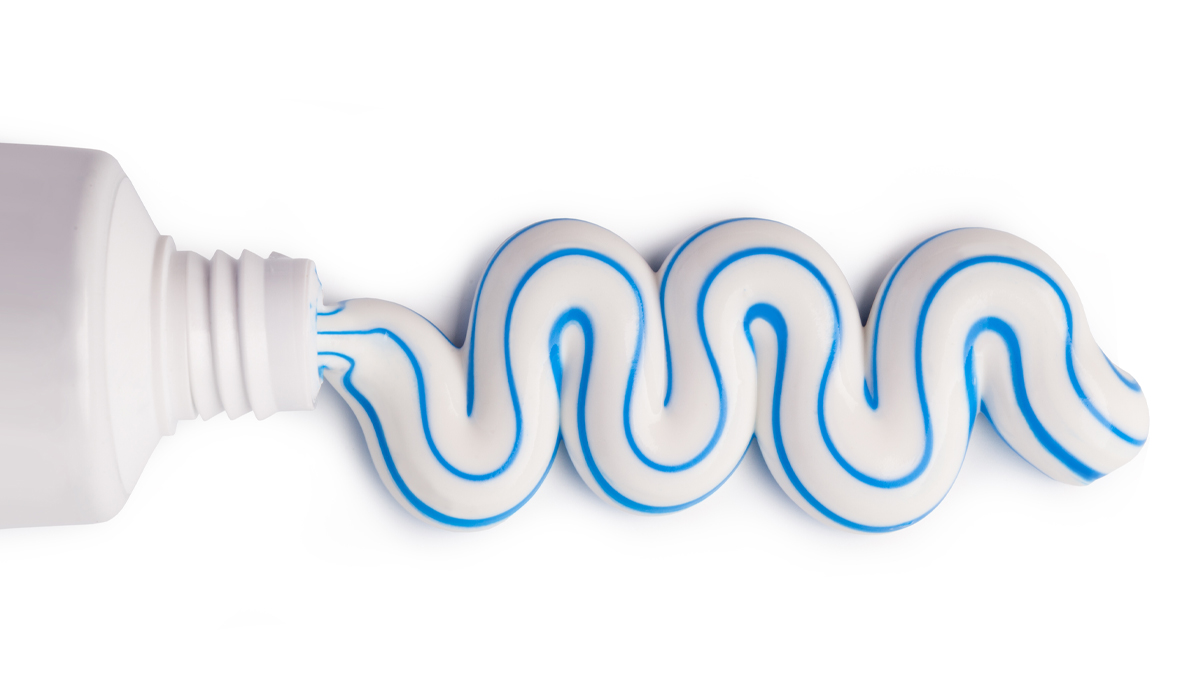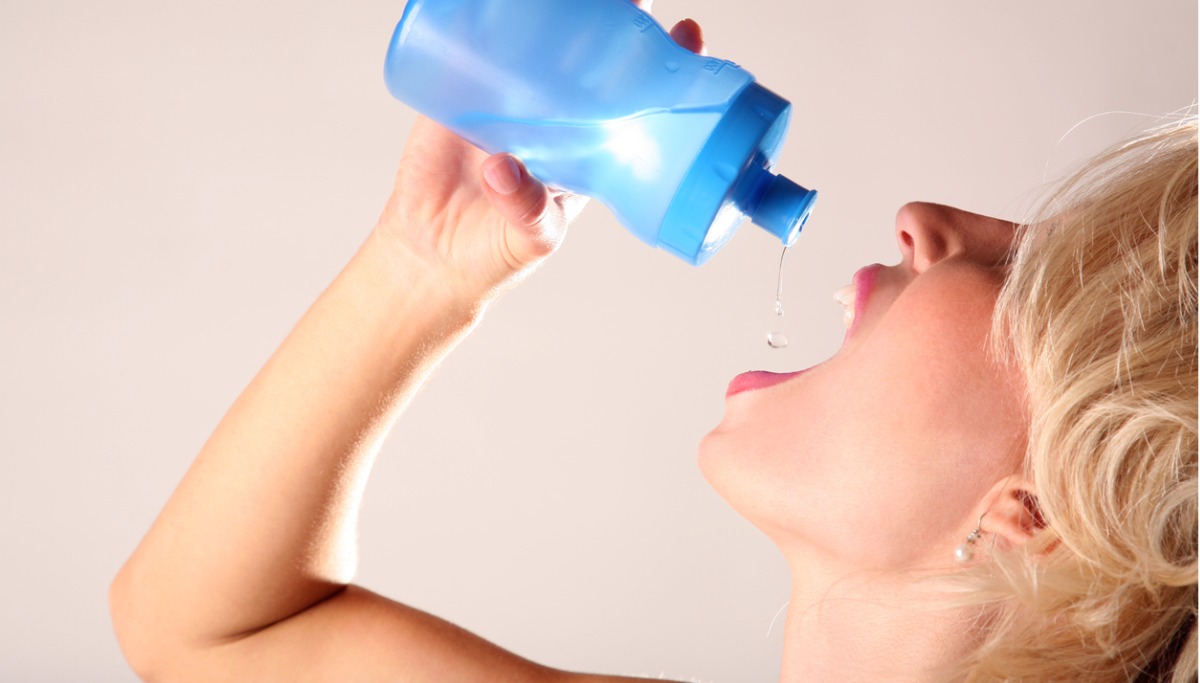What is halitosis (bad breath)?
Halitosis, more commonly known as bad breath, is when your breath has an unpleasant odor. Most people have experienced anxiety or embarrassment from bad breath at least once or twice. Fortunately, there are often simple ways to avoid or reverse halitosis, so you can breathe with confidence.
Bad breath can range in smell from sweet to sour and smoky to musty. If your bad breath is due to a medical condition, the type of smell can help your dentist determine the root cause. For instance, diabetes can make breath smell sweet, like fruit, or, if there are high levels of ketones (acids your liver makes) in the blood, breath can smell like acetone or nail polish remover.
What causes halitosis?
Halitosis can be caused by one or more of the following:
- Poor oral hygiene, which causes a build-up of bacteria in the mouth
- Dry mouth
- Medication side effects
- Use of tobacco products
- Strong-smelling foods, such as garlic, onions, and spices
- Oral health problems like gum disease (periodontitis) and tooth decay
Because your oral and overall health are connected, seemingly unrelated conditions can also lead to bad breath, including:
- Anxiety and stress
- Diabetes and abnormal blood sugar levels
- Sinus and respiratory infections
- Liver or kidney disorders
- Gastrointestinal disorders, such as gastroesophageal reflux disease or GERD
- Hormonal fluctuations or changes
How do you get rid of halitosis?
- Food-related bad breath: You can brush your teeth, floss, and use mouthwash to remove bacteria and freshen your breath. However, make sure you wait to brush for at least 30 to 45 minutes after eating — it takes that long for your saliva to remineralize your tooth enamel if you have had acidic foods or beverages. If brushing is not an option, you can chew sugar-free gum or rinse your mouth with water.
- Poor oral hygiene: You will need a professional cleaning (this may be a routine cleaning or a deep cleaning treatment) and start a stronger daily oral health routine.
- Gum disease: Your dentist or a gum specialist, called a periodontist, will provide a deep cleaning and any other necessary treatment.
- Dry mouth: Stay hydrated with water, chew sugar-free gum, and eat crunchy foods like carrots, apples, and celery to boost your saliva production. If your dry mouth is a symptom of a medication, or you cannot determine the cause, contact your dentist or physician.
- Overall health issues: Visit your physician or another health professional to determine the cause of your issue and to develop a treatment plan.
How can you prevent halitosis?
- Visit your dentist for regularly scheduled cleanings
- Maintain a strong oral health routine:
- Brush twice a day with a fluoride toothpaste
- Use a tongue scraper
- Floss daily
- Use mouthwash
- Replace your toothbrush every three months
- Clean dentures, mouth guards, retainers, and other dental appliances regularly
- Stay hydrated with water
- Chew sugar-free gum
- Limit sugary and spicy foods, caffeine, and alcohol
- Stop using tobacco products, including vapes
- Monitor side effects of medication (such as dry mouth)
- Eat crunchy foods that stimulate saliva production, like carrots and apples
If you are unable to prevent halitosis on your own, then visit your dentist to determine the cause and best course of treatment.
Bad breath can be avoidable
Bottom line, halitosis can be an embarrassing and frustrating issue, but most people can avoid or reverse bad breath by simply practicing good oral hygiene habits.
If your halitosis is persistent, or you suspect that it has a deeper cause, visit your dentist. They can help you address the problem, so you can feel confident in your breath.







